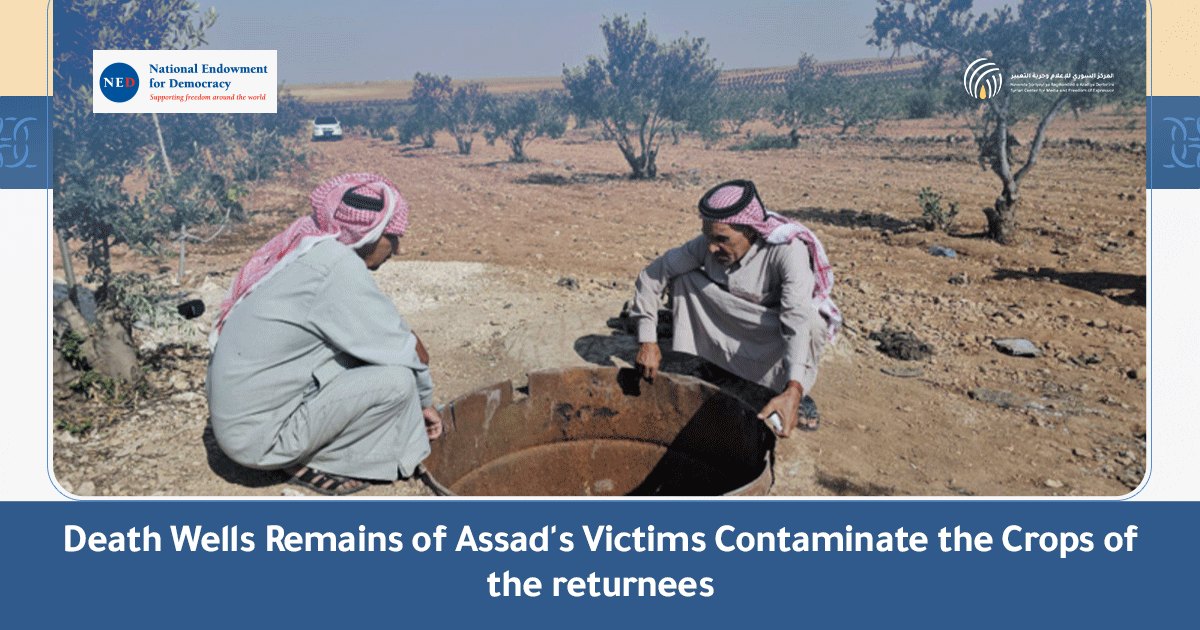The Media Digest Of The Victims Support Project
The issue of enforced disappearances in Syria remains one of the most urgent human rights and humanitarian concerns, requiring a comprehensive response to ensure accountability, justice, and the prevention of future violations. Following the fall of President Bashar al-Assad’s regime on December 8, 2024, and the release of thousands of detainees from the former government’s detention centers, this issue has faced complex challenges related to preserving evidence, securing official records, and uncovering the fate of those forcibly disappeared.
Despite gaining access to some detention centers and records that were previously withheld from international and local entities, the absence of immediate legal protection mechanisms has led to the loss of numerous documents and files. Suspected mass grave sites have also been at risk of tampering or neglect, potentially hindering investigations into serious violations of international humanitarian law. Additionally, delays in deploying international investigative teams and insufficient legal safeguards have exacerbated the suffering of families still searching for answers about the fate of their loved ones.
Amid these challenges, victims’ groups continue their efforts to ensure the truth is revealed and justice is achieved. They are documenting violations, presenting evidence to human rights and judicial bodies, and mobilizing international support to hold those responsible for enforced disappearances accountable. These groups are also working to protect the rights of victims and their families, increasing pressure on transitional authorities to disclose detention sites, identify mass graves, and ensure accountability in accordance with international standards.
In addition to their role in accountability, the victims’ groups contribute to providing psychological and social support to the families of the forcibly disappeared and survivors of detention. They also play a key role in ensuring that victims’ issues are integrated into any transitional justice process and the rebuilding of the state on foundations that respect human rights. The role of these groups is not limited to documenting violations but extends to being part of efforts to achieve justice, ensure impunity is not tolerated, and put an end to enforced disappearance as a tool of political repression in the future Syria.





